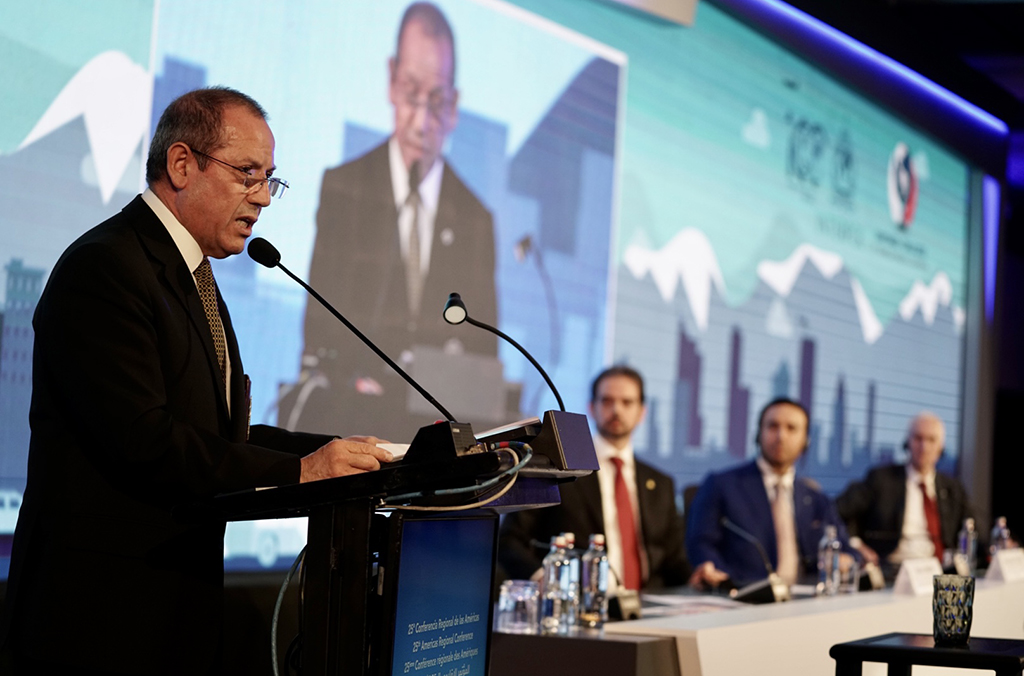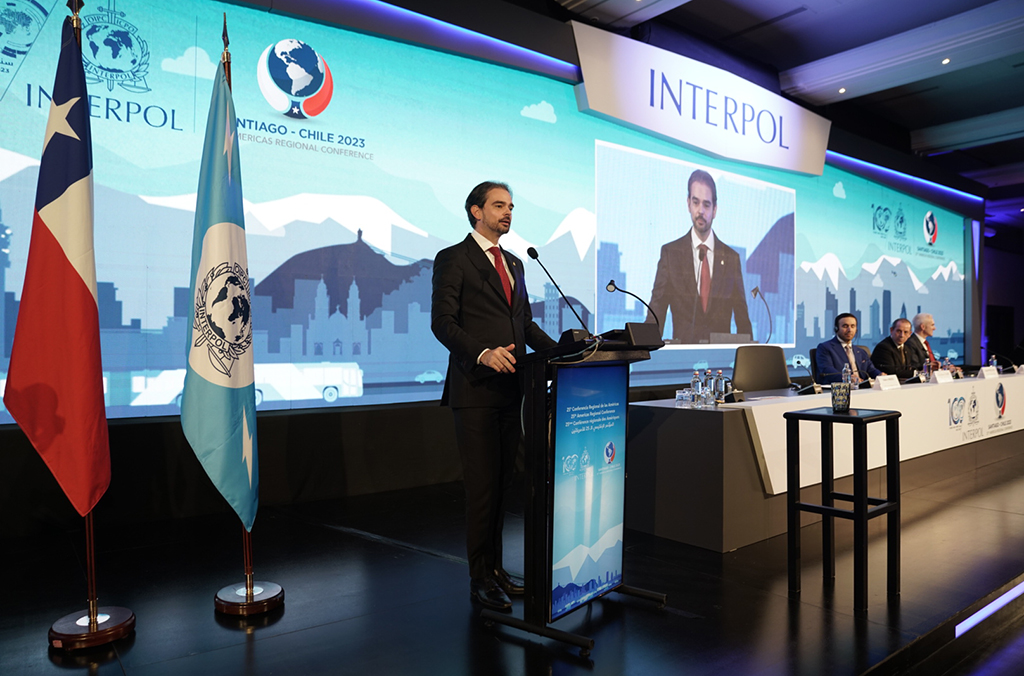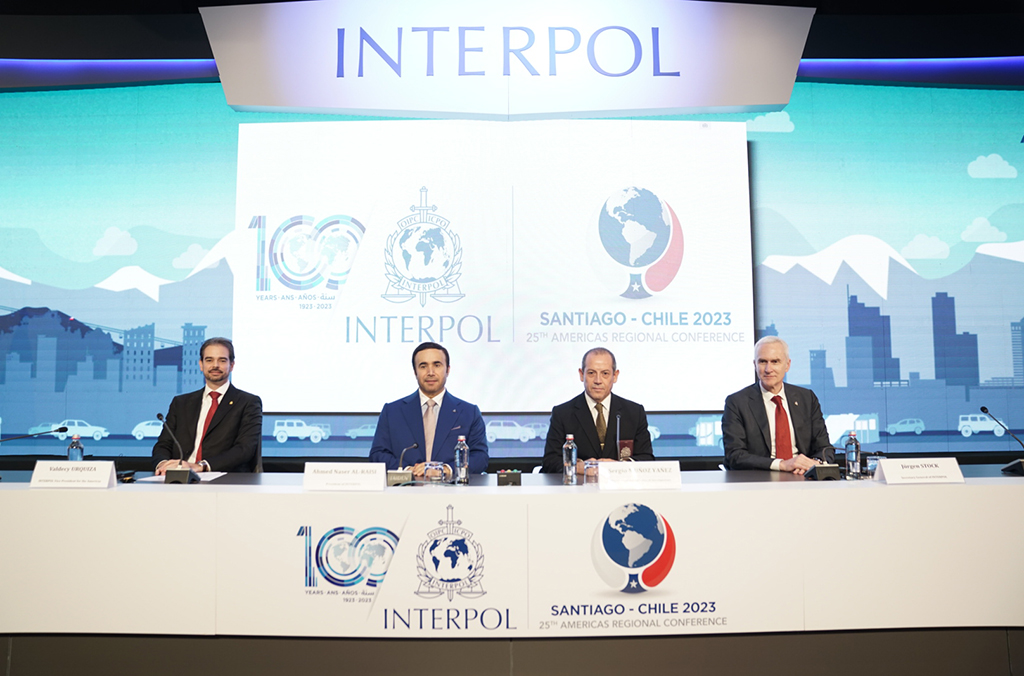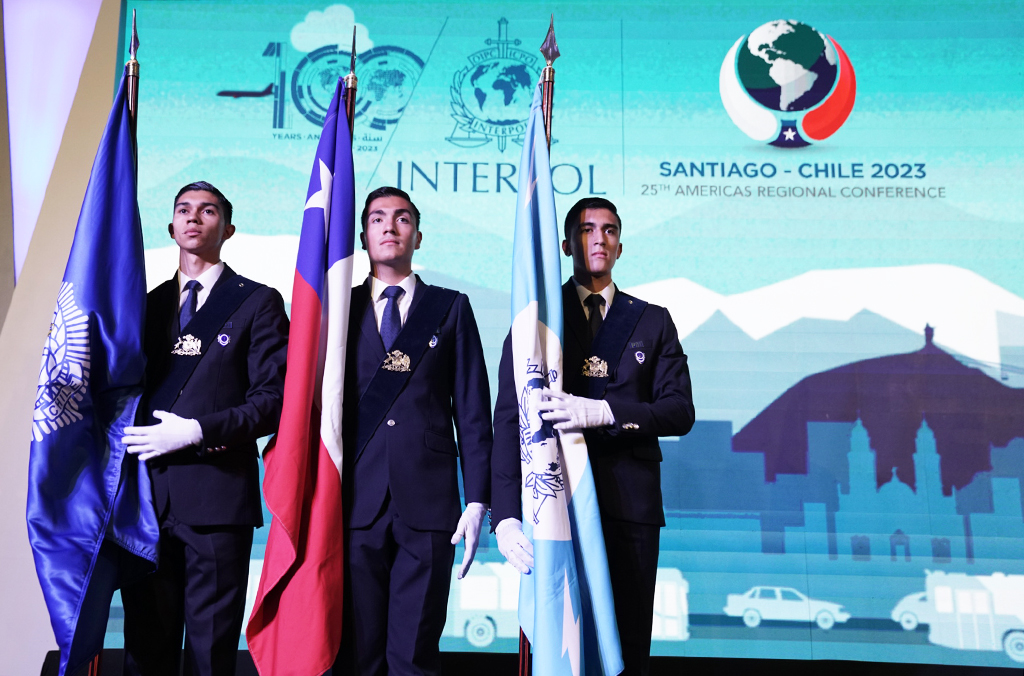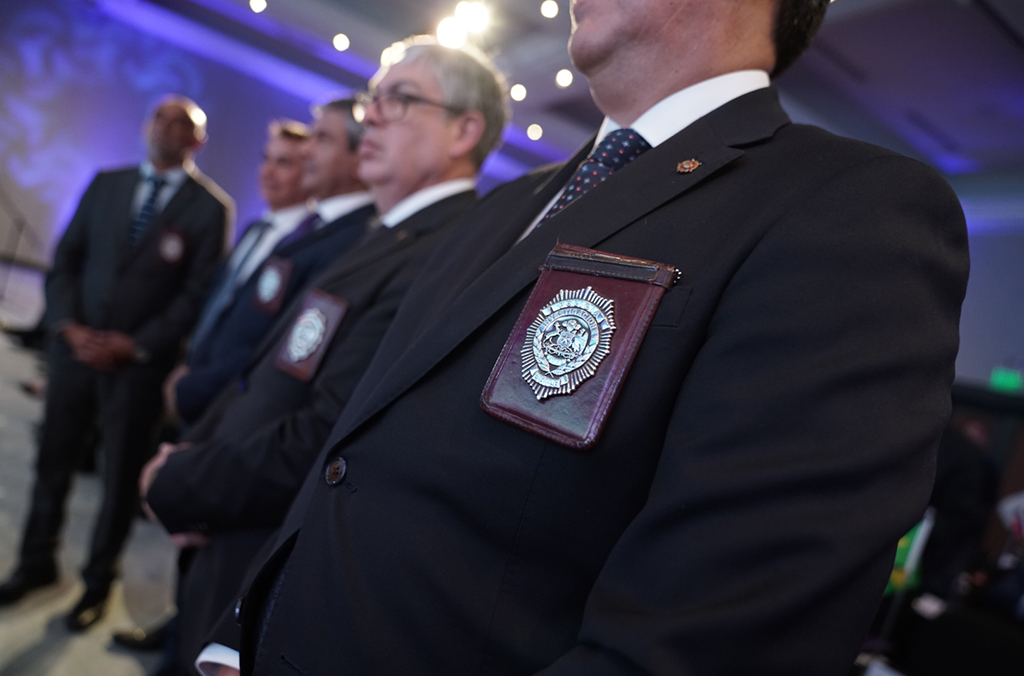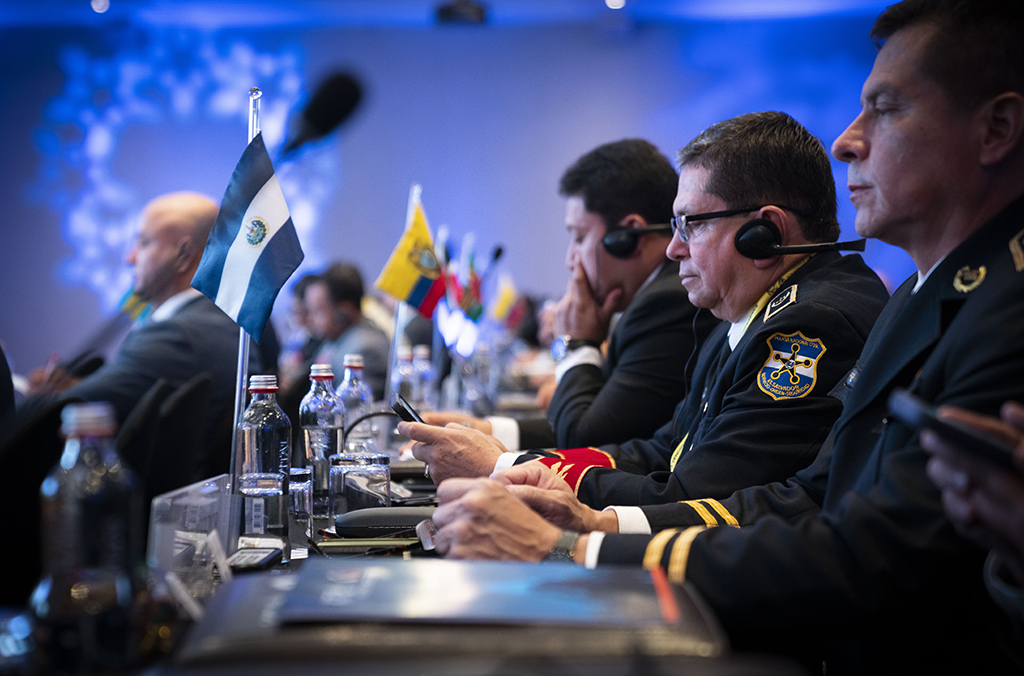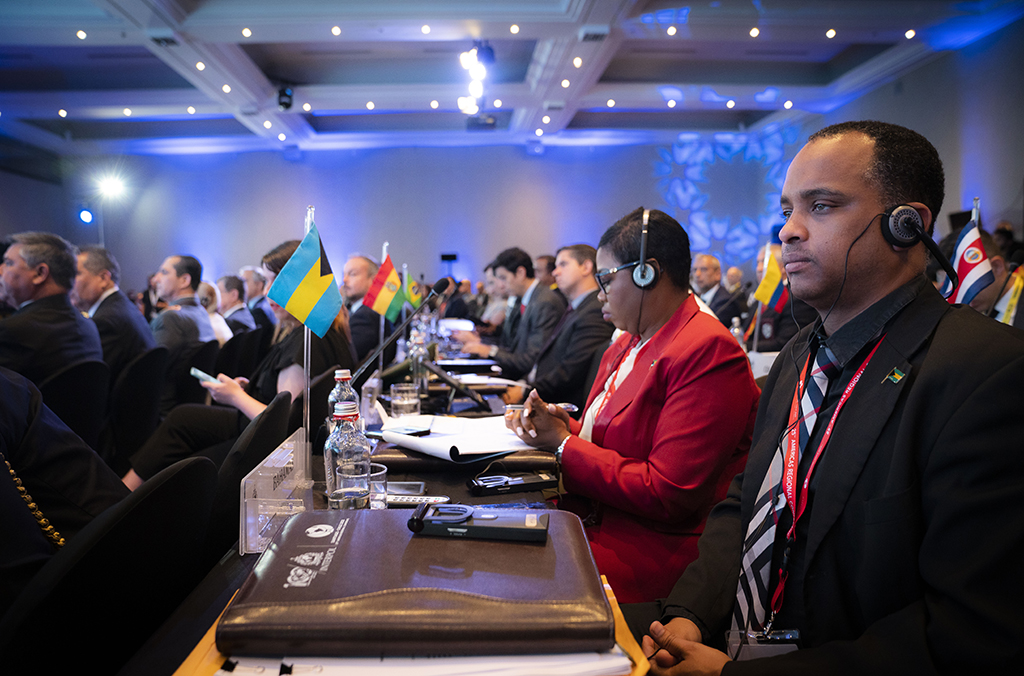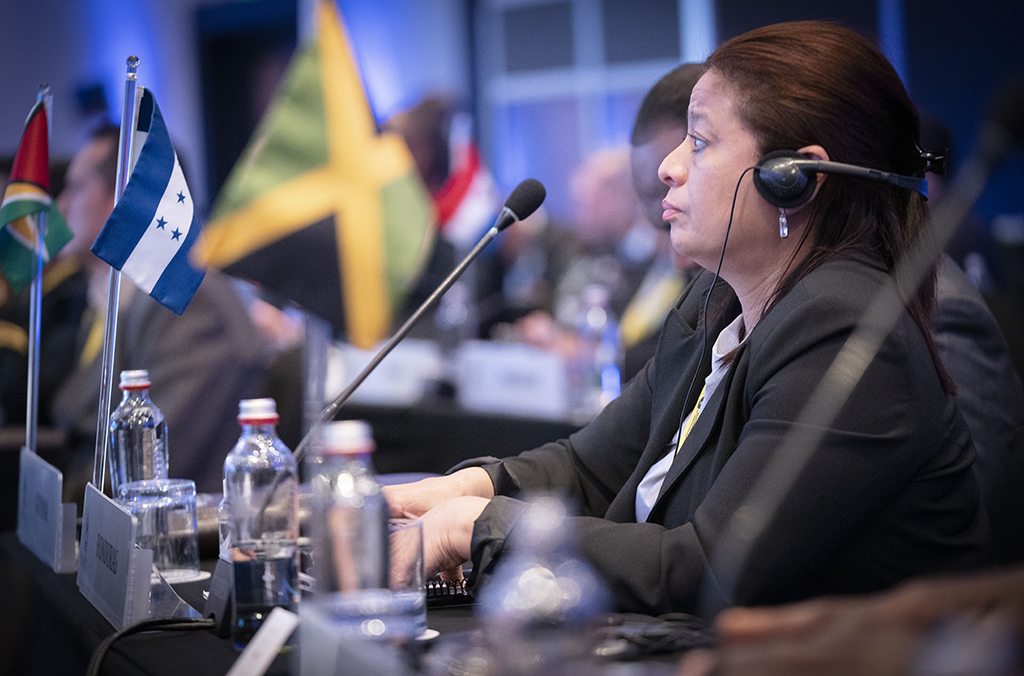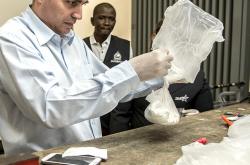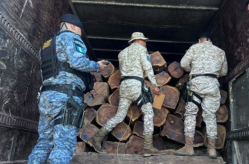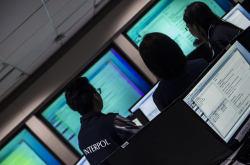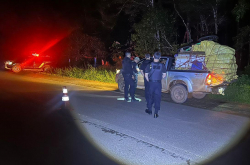SANTIAGO, Chile – INTERPOL’s 25th Americas Regional Conference closed with a reinforced mandate for the Organization to unify the regional and global response to drug trafficking and linked criminal activities.
The three-day (21 – 23 March) meeting, which brought together some 100 senior police officials from 37 countries, provided a platform for in-depth exchanges on the varied challenges created by drug trafficking and associated crimes.
Ranging from an increased demand for illicit firearms, which aggravates the overall impact of violent crimes, to the massive profits enabling crime organizations to threaten national security, the pervasive nature of drug trafficking requires a reinforced and coordinated global law enforcement response.
Record drug seizures
“We continue to see record drug seizures in source, transit and destination countries, but little impact on market values,” said INTERPOL Secretary General Jürgen Stock.
“The exchanges here in Chile, combined with the concerns expressed to me by political leaders worldwide, reinforce the need for a revitalized global coalition to combat drug trafficking.
“But to be effective, there must be greater and more systematic sharing of information of all linked crimes, such as money laundering and firearms trafficking, and INTERPOL is ideally and uniquely placed to support this effort,” concluded Secretary General Stock.
Environmental crime trends
Emerging trends linked to environmental crimes, was also a key item on the conference agenda.
In addition to encouraging greater action to tackle illegal online wildlife markets, which continue to grow at an alarming rate, delegates also supported calls for stronger efforts to combat illegal mining, forestry crime, illegal waste and fisheries crime – all of which have a devastating effect on the economies and natural resources of the Americas Region.
A series of measures to address the threat posed by the nexus between organized crime and terrorism across the region were also supported by participants, including:
- enhancing the exchange of data on terrorists and terrorist organizations and their support mechanisms
- greater intelligence sharing on subjects and modus operandi linked to chemical, biological, radiological and nuclear incidents and improvised explosive devices
- promoting the systematic inclusion of biometrics and financial information linked to terrorist and criminal profiles in INTERPOL databases and alerts.
With cyberattacks easily replicated in other countries or regions, increasing use of INTERPOL’s tools and capabilities to prevent, detect, investigate and disrupt cybercrime was also a key recommendation.
To mark INTERPOL’s Centenary, all four regional conferences will be held in the same year. The European session will take place in North Macedonia in May, with the African conference hosted by Angola in October, each bringing a regional perspective to global policing via INTERPOL.




